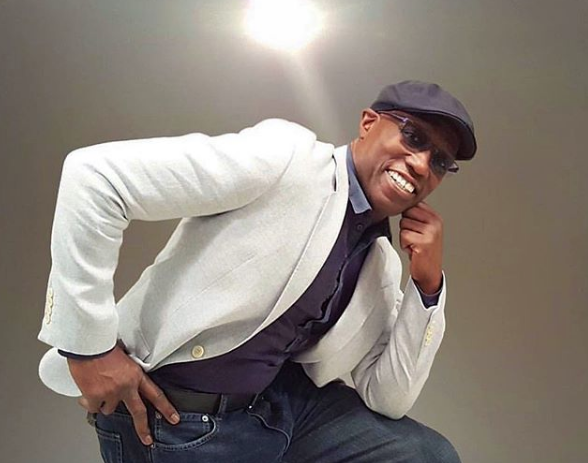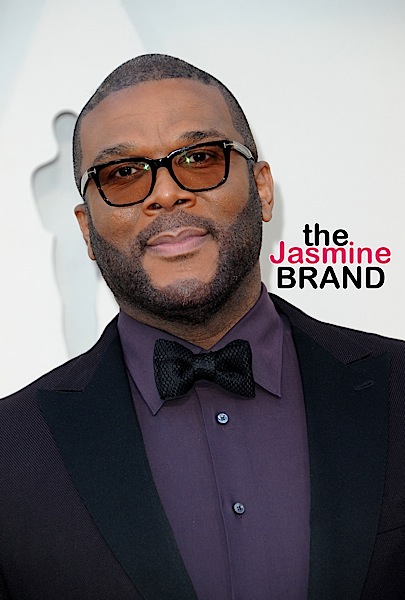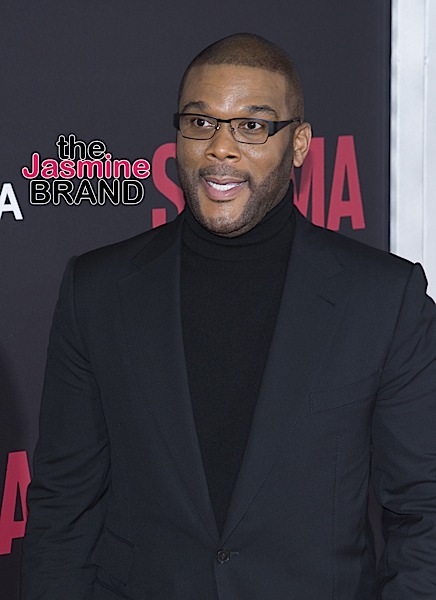Wesley Snipes Denies He Was A Diva On ‘Blade: Trinity’ Set: They Are Predisposed To Believing The Black Guy Is Always The Problem

Wesley Snipes
Wesley Snipes Denies He Was A Diva On ‘Blade: Trinity’ Set: They Are Predisposed to Believing the Black Guy is Always the Problem
It’s been 16 years since the release of Blade: Trinity, but actor Wesley Snipes is finding himself in the midst of denying allegations that he showcased dive-like behavior back then, according to reports.
During a 2014 appearance on the Pete Holmes show, comedian and actor Patton Oswalt, who was also cast in Blade: Trinity shared his memory of filming the movie in Canada.
“We were in Vancouver and Wesley Snipes was going crazy and he wouldn’t come out of his trailer. And you’d walk by his trailer and this wall of a pot stench would just be like…whoa, and kind of push you to the side. And then he would…you, he would only answer to the name “Blade.” You, you couldn’t call him…only answered the “Blade,” yeah and after a while he was ordered to just give he would communicate with with post-its that he would give to the director, and each one he would sign “Blade.”

Patton Oswalt
Clearly, Wesley Snipes isn’t laughing at all. In fact, in an interview, Snipes says in part,
“This is part of the challenges that we as African Americans face here in America — these microaggressions. The presumption that one white guy can make a statement and that statement stands as true! Why would people believe his version is true? Because they are predisposed to believing the Black guy is always the problem.”
Snipes continued,
“And all it takes is one person, Mr. Oswalt, who I really don’t know. I can barely remember him on the set, but it’s fascinating that his statement alone was enough to make people go: ‘Yeah, you know Snipes has got a problem.’”
Wesley Snipes, who had a proven track record of successful films by 2004 stated,
“I remind you that I was one of the executive producers of the project. I had contractual director approval. I was not just the actor for hire. I had au-thor-i-ty to say, to dictate, to decide. This was a hard concept for a lot of people to wrap their heads around.”
Tell us what you think about this. Write your comments below.


 Previous Article
Previous Article Next Article
Next Article Charlamagne Calls Out Lakeith Stanfield For ‘Playing The Victim’ After Actor Posts Video Waving Gun At His Head Amid Feud
Charlamagne Calls Out Lakeith Stanfield For ‘Playing The Victim’ After Actor Posts Video Waving Gun At His Head Amid Feud  Tyler Perry – Man Arrested For Threatening To Blow Up His Georgia Studio
Tyler Perry – Man Arrested For Threatening To Blow Up His Georgia Studio  Tyler Perry Promises To Help Rebuild Effected Areas of Bahamas After Hurricane Dorian
Tyler Perry Promises To Help Rebuild Effected Areas of Bahamas After Hurricane Dorian  Ryan Coogler Pens Emotional Chadwick Boseman Tribute: He Valued His Privacy & I Wasn’t Privy To The Details Of His Illness, I Realized He Was Living With His Illness The Entire Time I Knew Him
Ryan Coogler Pens Emotional Chadwick Boseman Tribute: He Valued His Privacy & I Wasn’t Privy To The Details Of His Illness, I Realized He Was Living With His Illness The Entire Time I Knew Him  Joe Budden Defends Media Personality Lore’l After Michael B. Jordan Confronted Her For Previously Clowning Him On A Podcast: ‘You Doing That To A Girl Is Some Corny N*gg* Sh*t!’
Joe Budden Defends Media Personality Lore’l After Michael B. Jordan Confronted Her For Previously Clowning Him On A Podcast: ‘You Doing That To A Girl Is Some Corny N*gg* Sh*t!’  Letitia Wright Spotted Filming For New ‘Black Panther’ Movie After Rumors She Was Fired For Anti-Vaccination Controversy
Letitia Wright Spotted Filming For New ‘Black Panther’ Movie After Rumors She Was Fired For Anti-Vaccination Controversy  Harvey Weinstein’s Lawyer Says He’s Going Blind Behind Bars, Lost 4 Teeth
Harvey Weinstein’s Lawyer Says He’s Going Blind Behind Bars, Lost 4 Teeth  Ice Cube Responds To Claims That He Underpaid Faizon Love For His Work In The Film ‘Friday’: I Didn’t Rob No F*ckin’ Body
Ice Cube Responds To Claims That He Underpaid Faizon Love For His Work In The Film ‘Friday’: I Didn’t Rob No F*ckin’ Body